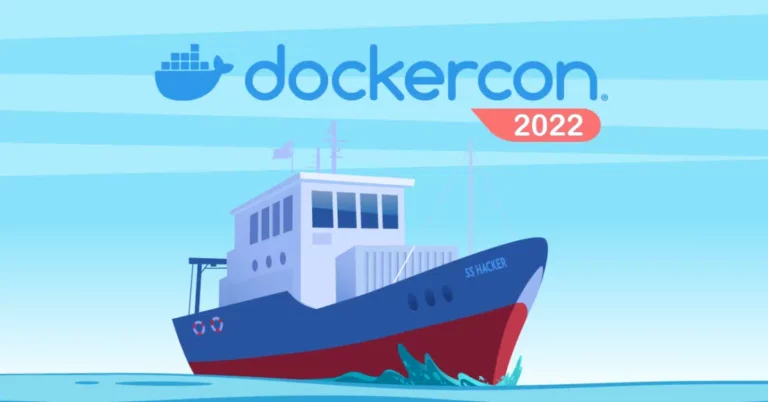Docker announces two major updates at DockerCon 2022, its annual conference. Firstly, Docker Extensions provide prebuilt integrations of development tools into Docker Desktop. Secondly, Docker Desktop is now available for Linux.
Docker Desktop is popular among developers. The software contains all the essentials for containerising applications and deploying containers. Docker Desktop has been updated with Docker Extensions, a set of prebuilt integrations for Docker Desktop, including tools from Red Hat and VMware. Additionally, Docker Desktop is now available on Linux, which we’ll cover further down the line.
Docker Extensions
Docker Extensions offer a quick way to use third-party tools in Docker Desktop. Besides prebuilt integrations, Docker launched the Extensions Software Development Kit, an SDK for integrating tools that are not (yet) supported by Docker. The latter is increasingly important. The supply of cloud-native development tools is growing rapidly. Development is increasingly diverse and complex. Docker Extensions allows developers to centralize tools. “Developers can find and use new tools without wasting time on searching, downloading, configuring and managing”, shared Scott Johnston, CEO of Docker.
The range of prebuilt integrations includes tools from Red Hat, VMware, Datawire, Anchor, EverX, JFrog, Layer5, SUSE and Rancher Labs. For instance, the VMware Tanzu Community Edition is available from day one. “Docker Extensions allow developers to learn about new tools without disrupting existing workflows”, said Craig McLuckie, vice president of R&D at VMware Tanzu.
Docker Desktop for Linux
In addition, Docker Desktop is now available for Linux. Windows and Mac have always been supported, but Linux was missing. The Linux version offers all features of Docker Desktop for Windows and Mac, including the new Docker Extensions. The Linux version is initially tailored to Ubuntu, Debian and Fedora.
A Docker spokesperson shared that Raspberry Pi OS will be supported within the next few weeks. In the longer term, the organization is working on faster options for downloading and updating Docker Desktop for Linux, including single-line installation commands.
Tip: HPE jumps on the Kubernetes container orchestration bandwagon
